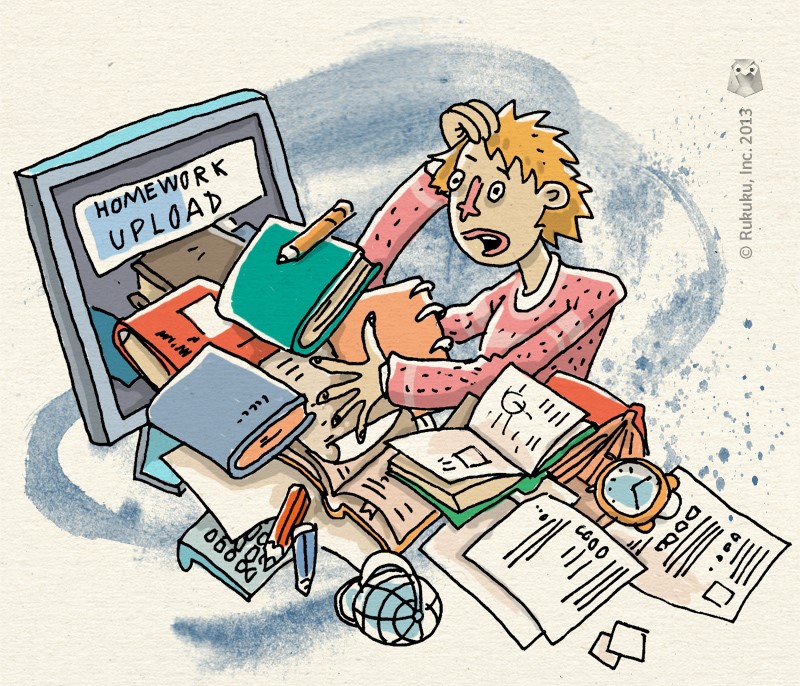Learning assessment is an essential ingredient of education in any form. Teachers can gauge the progress of their students and identify topics and skills needing more review. Students also learn from the process by challenging themselves and determining their strengths and weaknesses. Assessment can come in several forms, all of which are easily transferable to online venues.
Homework is the most common form of assessment, and to maximize the benefit for your students, it is a good idea to put in some work of your own. First, communicate the goals or basic objectives for the homework, so students can see the bigger picture and understand the relevance of the work they are doing. Second, encourage students to pose questions to the class bulletin board rather than sending them to your personal email. In this way, other students, which may have similar questions, can see your responses and join in the discussion.
Once you’ve collected some of these questions and your responses to them, put them together in a single Q&A document and include it for reference with the homework assignment in future classes. Speaking of reference, include links in the homework for students to find further background information and/or illustrative examples of how students have responded to similar homework tasks.
Quizzes are another great form of assessment, and Rukuku plans to introduce a special quiz building feature to its Composer service in coming weeks. For online classes, teachers can take advantage of technology to randomize questions. This will reduce chances of students improperly working together but more importantly, it will allow teachers to offer multiple tests to a single student covering the same material. Students can solidify their understanding in this way and prepare for final tests.
Finally, personal interaction is a great form of assessment. Good old fashioned question and answer sessions help teachers determine how well students understand the class material. At Rukuku, we’ve made a point of emphasizing small, private, online classes, or SPOCs. With smaller class sizes, teachers can build a personal relationship with each student and hopefully get a sense during class time of his or her level of understanding. If a particular student is struggling, consider a private chat, where you can work with him or her on the material. Personal attention goes a long way.


I feel extremely grateful to have used your site and look forward to more pleasurable posts here!